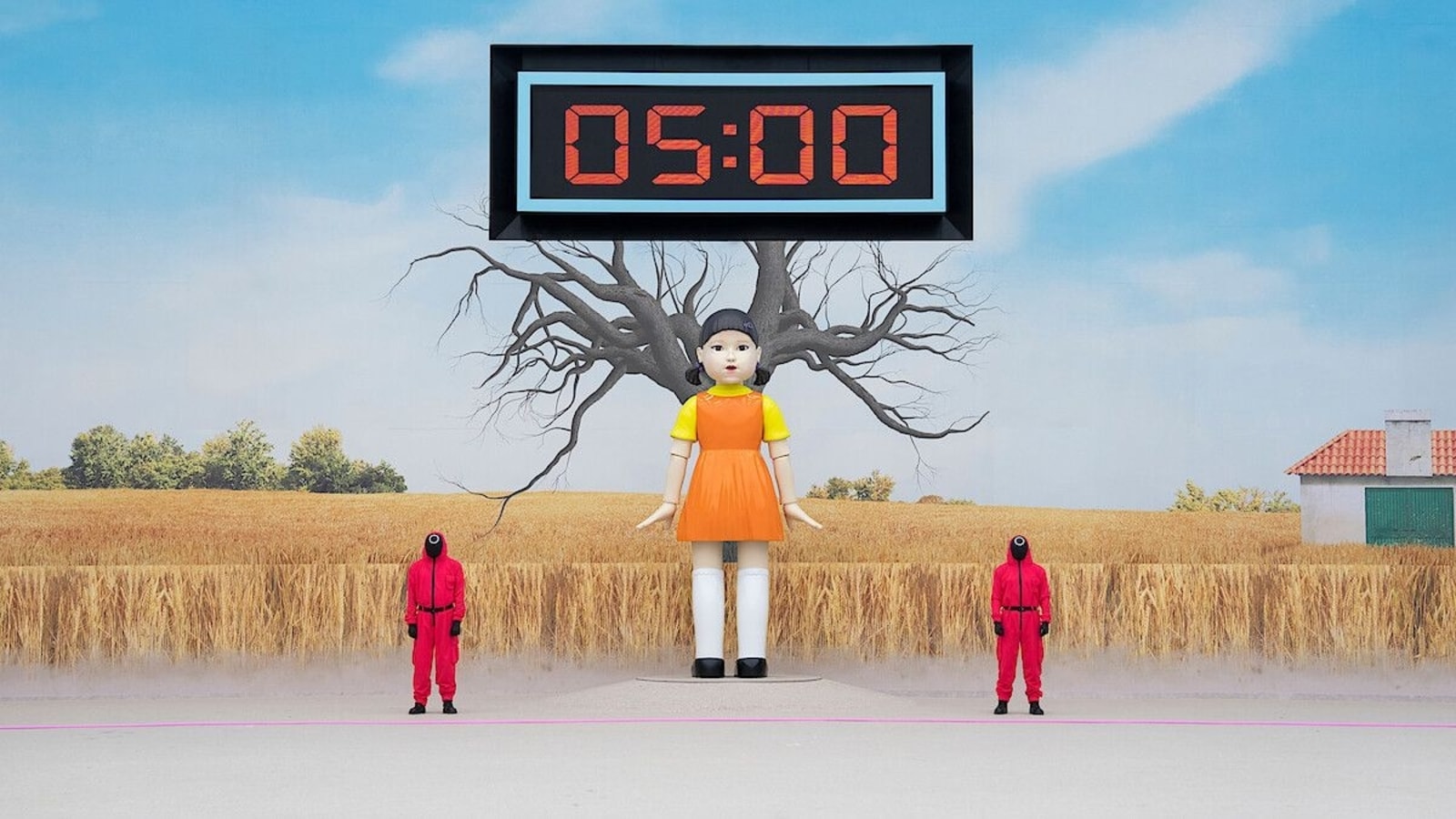Given the plethora of recent cultural productions that center extreme ontological uncertainty (think of TV series like “Westworld,” “Russian Doll” and “Peripheral”), it’s a pleasure to encounter a work like Jinwoo Chong’s debut novel, “Flux,” that offers a healthy dose of brain-bending pleasure without making it the whole point. Chong (who is a sales planner for The New York Times) strikes the balance by attending as much, or more, to his central characters and to the textures of the world around them as he does to his dizzy-making tech. “Flux” happily offers a moving appraisal of lives buffeted by personal and systemic traumas; a deep dive into the good, the bad and the ugly of self-serving corporate culture; and no shortage of “wait, what the heck just happened?” thrills.
The story — largely set in and around an unnamed urban locale — revolves around three principal characters: a sensitive young boy, Bo, who is grieving the death of his mother alongside his father and young brother; Blue, a mute middle-aged man paying a call on a suspicious figure from his youth; and a late-20-something named Brandon, who at the novel’s start is fired from his midlevel job, meets someone he will come to care about and finds fresh employment at an enterprise sitting on a momentous discovery.
Chong convincingly captures the pain, vulnerability and loneliness these three have in common. For Bo, the familiar territory of childhood without his beloved “Umma” has turned incomprehensible and threatening. “The house made its noises, small whispers as wind passed around the walls and the heater clattered to life in the crawl space. But nothing more. He sat up, waiting, and found he couldn’t distinguish the howl of the wind from his little breaths.” Meanwhile, the world-weary Blue, who is estranged from his wife and daughter, undergoes a painful procedure meant to temporarily restore his lost voice but the repair only makes him seem even stranger to himself and others.
Brandon, Chong’s most vivid creation, is at once a feckless jerk and also a wholly relatable, cinnamon-cereal addict struggling to deal with terrible loss in his past. He is short on friends and not great at love. His closest confidant, whom he addresses in haunting first-person passages, is the tough-as-nails fictional protagonist of a long-since-canceled ’80s crime show, one of the first to meaningfully include the Asian American community that Bo, Blue and Brandon, who share Korean heritage, are part of.
It is what happens at Brandon’s new job with the eponymous Flux, a “streamlined, optimistic and dangerously sexy” Theranos-esque company, that tips the novel, which up until then can be understood as a skillful but fairly straightforward exploration of trauma, into speculative territory. Funded to develop powerful new batteries, Flux has instead stumbled on an unstable, experimental mechanism that helps it warp time. It quickly becomes clear that Brandon has been recruited to play a not-entirely voluntary part in perfecting the powerful discovery, and the repercussions of his participation ripple not just through his story but also through Bo’s and Blue’s.
Without ever going into needless explanations, Chong gradually augments the reader’s understanding of how the time travel works and what its implications are. Far from mere window dressing, the jarring temporal dislocation Brandon experiences, which is deftly mirrored in the novel’s perspective-swapping structure, blends with and builds on the hardest parts of his past in revelatory ways.
Given the complexity of the emotional terrain, it is fitting that no neat answers await Bo, Blue and Brandon at the novel’s end. There is, though, the hard-won hope that their tomorrow might be just a little better than yesterday, even if that tomorrow and that yesterday are long since (feeling a little dizzy?) past.
Laird Hunt’s most recent novel, “Zorrie,” was a finalist for the 2021 National Book Award for fiction.
FLUX | By Jinwoo Chong | 341 pp. | Melville House | $28.99























